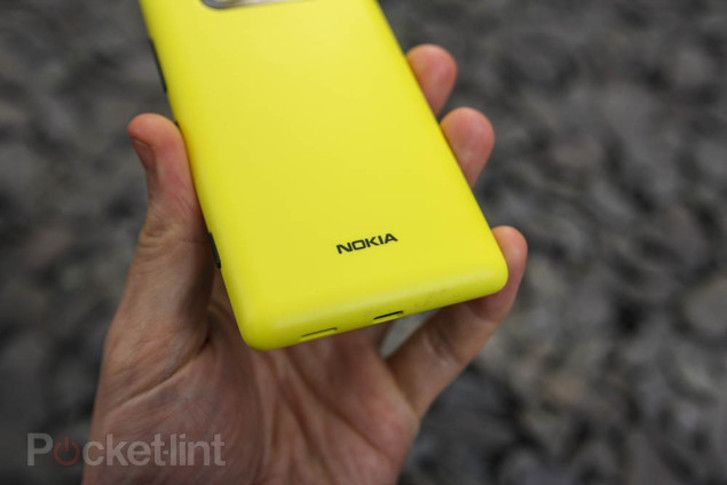In a huge turn of events, Microsoft announced on Monday evening that it plans to purchase Nokia's Devices and Services business, license Nokia's patents, and license and use Nokia's mapping services. Microsoft will control the Lumia brand and products and Nokia's Mobile Phones business unit (feature phones / Asha).
Both of the companies' boards have agreed to Microsoft's €3.79 billion (£3.2billion) purchase of Nokia's Devices and Services business and a €1.65 billion purchase of Nokia's patents - for a €5.44 billion total acquisition.
Microsoft says that it plans to fund the deal through overseas cash, which makes sense given Nokia is a Finnish-based company. The deal is expected to close in Q1 2014 with approval from Nokia's shareholders and regulators.
This is obviously big news and could have a significant effect on the Windows Phone business. Like Google's purchase of Motorola, it will give Microsoft an in-house handset-maker. Microsoft makes it clear that, like Google has with Motorola, Nokia devices won't be the sole focus of the Windows Phone brand. Of course, Nokia has already been the biggest player other than Microsoft in building out Windows Phone thus far.
"It's a bold step into the future - a win-win for employees, shareholders and consumers of both companies," said Steve Ballmer, CEO of Microsoft. "Bringing these great teams together will accelerate Microsoft's share and profits in phones, and strengthen the overall opportunities for both Microsoft and our partners across our entire family of devices and services."
As part of the agreement of the acquisition between the two companies, Nokia CEO Stephen Elop will become Nokia's executive vice-president of devices and services and then lead Microsoft's device unit once the deal is completed. In turn, Risto Siilasmaa has been named Nokia's interim CEO. He previously served as chairman of Nokia's board of directors. The move was made to prevent any conflict of interests. Nokia executives Jo Harlow, Chris Weber, Juha Putkiranta and Timo Toikkanen are also expected to come over to Microsoft.
The Nokia brand will still stay intact, even with its device business now at Microsoft. Nokia will focus on NSN (its network infrastructure), HERE Maps (on which Microsoft has a four year licence), and Advanced Technologies.
"Today's agreement will accelerate the momentum of Nokia's devices and services, bringing the world’s most innovative smartphones to more people, while continuing to connect the next billion people with Nokia’s mobile phone portfolio," Microsoft's Ballmer and Nokia's Elop wrote. "With the commitment and resources of Microsoft to take Nokia’s devices and services forward, we can now realise the full potential of the Windows ecosystem, providing the most compelling experiences for people at home, at work and everywhere in between."
As a result of the acquisition, approximately 32,000 people are expected to be transferred from Nokia to Microsoft, "including 4,700 people in Finland and 18,300 employees directly involved in manufacturing, assembly and packaging of products worldwide".
In an email to employees, Ballmer outlined why Microsoft felt Nokia was a good choice. "We are very excited about the proposal to bring the best mobile device efforts of Microsoft and Nokia together," he wrote. "Our Windows Phone partnership over the past two and half years has yielded incredible work - the stunning Lumia 1020 is a great example. Our partnership has also yielded incredible growth. In fact, Nokia Windows Phones are the fastest-growing phones in the smartphone market."

